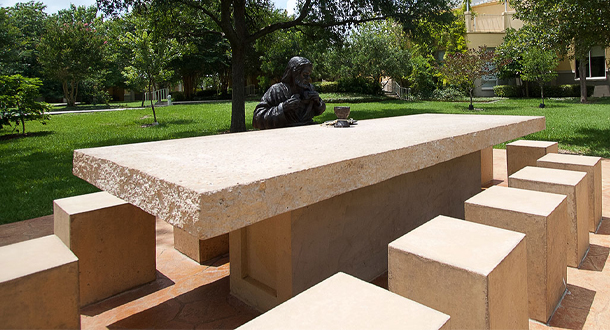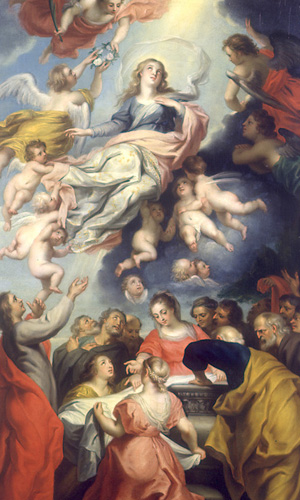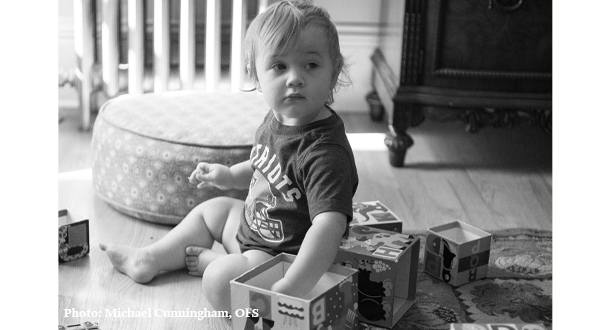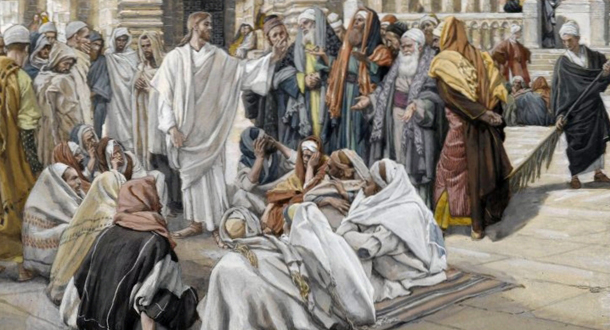
San Antonio, Texas.
Scripture:
Judges 11:29-39a
Matthew 22:1-14
Reflection:
The Kingdom of heaven may be likened to a king who gave a wedding feast for his son. He dispatched his servants to summon the invited guests to the feast, but they refused to come.
-Matthew 22:2–3
Recently, I participated in a yearly late-summer ritual that many, many families experience when they take their college-bound son or daughter to move into their dorm room, as they begin a new phase of their lives. Whether this is a new experience for the parents or not, it has that feel to the opening lines of our Gospel for today’s Mass: a king preparing a wonderful wedding feast for his child. The parents want to make sure that this son or daughter will have the best that they can give them as they move out of the house and begin a new life. They will talk to their new dorm mates, meet their parents and furnish their bedroom with everything they need to live as they begin their studies.
Those invited into these newly established living arrangements can be likened to the wedding guests in our parable today. At first glance, the king thinks that those who belong to his social circle would be delighted to come and feast at his table. Those invited were apparently wealthy, those who could afford to buy additional property or chose to take care of business transactions rather than celebrate a friend’s feast. Others were even hostile to the invitation.
The people that these college students invite into their banquets, who will eat with them, party with them, study with them, will often determine how their life will unfold in the future. Some will make life-long friends who will become important participants in their future. Others will be temporary friends, and at graduation, will part, never to have a social connection with them again. Others will be false or manipulative companions, (those without “wedding garments”) who will break their hearts or who may want to lead them astray from their family values.
All this time, the family may try to intervene, may find themselves feeling helpless and powerless to help. We hope the vast majority will be grateful that their child has passed a major test to maturity and adulthood.
While this reflection is a parable within a parable, we all recognize that many around us are not always responsive to God’s invitation to come to the table of plenty, and those who we think should be the first invited, are refusing to come to the feast. But God will not be thwarted in giving a generous invitation. All are called, but not all chose to come. This is not God’s choice; it is our choice. God’s Love will never be denied us!
Fr. Clemente Barrón, C.P. is a member of Mater Dolorosa Community in Sierra Madre, California.







